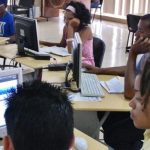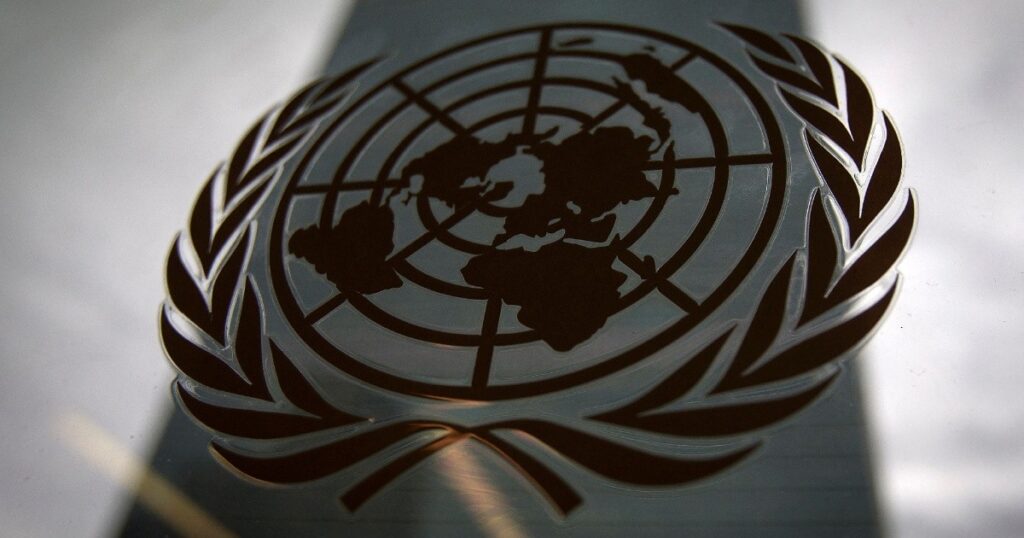The regime of Daniel Ortega and Rosario Murillo directed the National Assembly to reform Law 331, the Electoral Law, in order to limit the electoral campaign period to only 20 days, in the case of municipal votes, and 30 days for presidential elections. A period in which hardly any political party —other than the ruling Sandinista National Liberation Front, which maintains a permanent campaign— could make its proposals known to the entire nation.
The initiative of reform was presented this May 3 in the plenary session of the Legislative Power, just six months before the municipal votes in November, which have not yet been called by the Supreme Electoral Council (CSE), and to approve it, an absolute majority vote is needed of the legislators because it is a law of constitutional rank.
“Facing the electoral process that will take place in 2022 to elect municipal authorities, and taking into account the experience that the 2021 electoral process left us, we propose this reform initiative,” says the statement of reasons. The same “aims to reform articles 16,21, 22, 70, 74, 85, 105, 148 and 158 of Law 331, Electoral Law.”
Suggested Changes
In the proposal to reform article 22 of the Electoral Law, the regime “intends to streamline the administration” of the Vote Receiving Boards (JRV) during the electoral process. Whereby, increase the number of voters for each Voting Center, when going from 400 to 600 voters.
“The Voting Centers and their constituencies will be determined by the Supreme Electoral Council, based on the population and territorial data that the government bodies must present sufficiently in advance.
corresponding. Each Voting Center will have a fixed constituency and as many Vote Receiving Boards as necessary”, says the reform initiative.
The compaction of the Voting Centers is something that has already been implemented in the 2021 voting, and despite this, the low turnout was such that the only crowds occurred when the voting centers had not yet opened their doors, before 7:00 a.m.: 00 am There were no lines because the population did not go out to vote. The independent and multidisciplinary observatory Urnas Abiertas pointed out that abstentionism it was 81.5%.
On the other hand, the suggested change to article 74 seeks to “simplify the duration of the electoral campaign and do it in accordance with the strategy followed by each participating political party.” In addition, “it is guaranteed that on November 2 of the year in which elections are held, no electoral bell is held and the tradition of All Souls’ Day is respected.”
Another of the proposed changes, in article 16, consists of shortening the time for the presentation of proposals by the political parties for the Departmental Electoral Councils or Regional.
“The political parties will have a period of five days from the notification to present their proposals for the formation of the Departmental or Regional Electoral Councils and if they do not do so, the Supreme Electoral Council will proceed to their appointment ex officio,” says the initiative. of reform.
The last electoral reform
In April 2021, the Ortega and Murillo regime approved an electoral reform that maintained party control of the structures of the electoral system, dominated by Ortega; it handed over control of the marches in the framework of the electoral campaign to the National Police, the main repressive arm of the regime, and restricted financing for opposition political parties.
The reform approved in 2021 was far from the profound reforms demanded by the opposition and the Organization of American States (OAS), since it reduced the opposition’s ability to compete and did not promote any profound change in the electoral system.
After these superficial changes to the Electoral Law in 2021, Ortega and Murillo were re-elected in a vote without political competition. Seven presidential hopefuls were imprisoned and sentenced for crimes of “treason against the fatherland” and three opposition political parties were canceled.

















